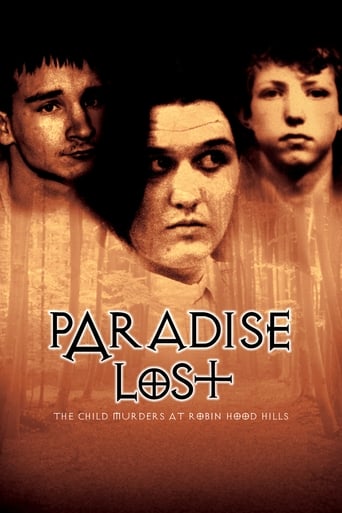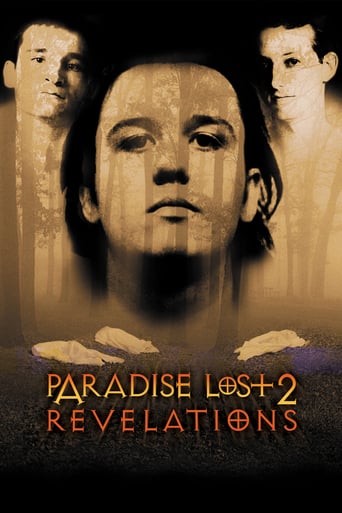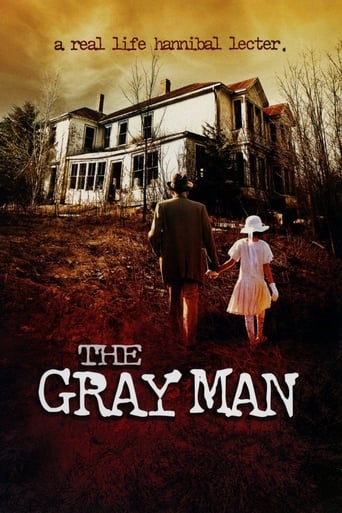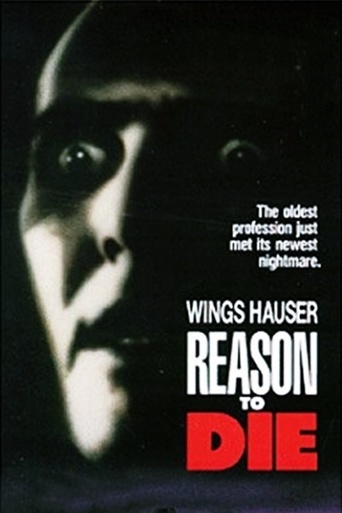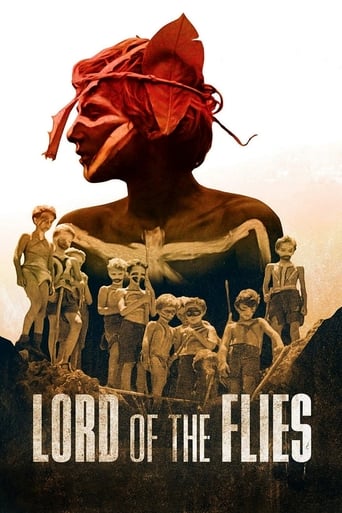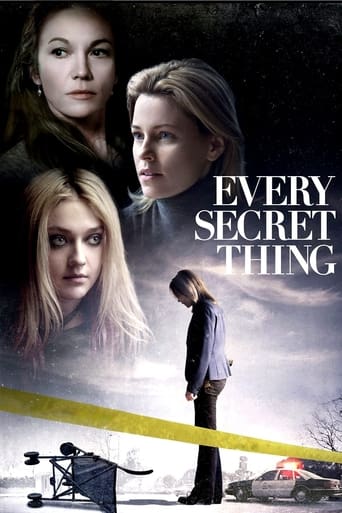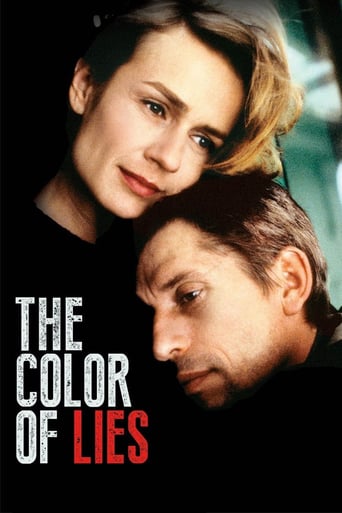
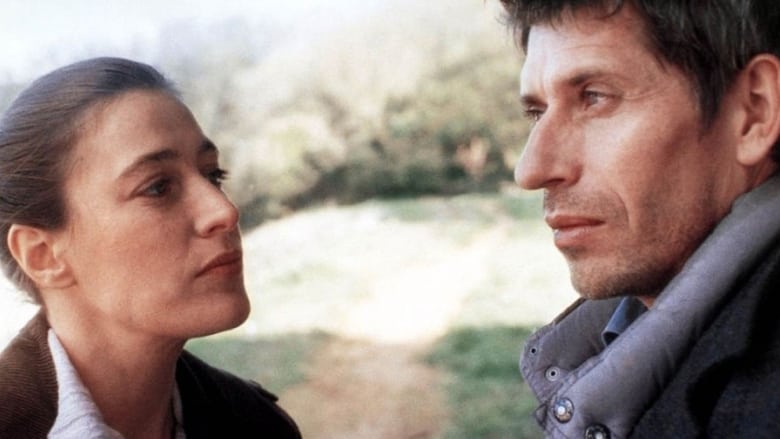
The Color of Lies (1999)
In a small Breton town, a 10-year-old girl is found murdered. René, her art teacher, a professional painter, is the last person to have seen her alive. The inspector in charge of the investigation immediately questions him. In this small provincial town where people all know each other and regularly meet at the Bar des Amis, René is increasingly unsettled by the other inhabitants' suspicions and by the inspector's investigation. Children stop coming to him for lessons. His wife, Viviane, a district nurse, protects him and supports him with her love. However, a self-centred media-star writer adds to René's confusion...
Watch Trailer
Cast
Similar titles
Reviews
A different way of telling a story
I like movies that are aware of what they are selling... without [any] greater aspirations than to make people laugh and that's it.
Simple and well acted, it has tension enough to knot the stomach.
There are moments that feel comical, some horrific, and some downright inspiring but the tonal shifts hardly matter as the end results come to a film that's perfect for this time.
This is a typical Claude Chabrol study of the intricacies of human deception, betrayal, failures of self and of others. It weaves a wide web of intrigue, and who is the murderer is a question which almost drowns in the mire of human weaknesses which Chabrol's relentless scalpel peels away, layer by layer, in his surgical manner. The film, set on the coast of Britanny, is brilliantly directed, as usual. And the actors in this ensemble film are all superb, also as usual. Probably the outstanding performance is by Jacques Gamblin as the limping artist suffering from a prolonged case of painter's block. His wife is sturdy Sandrine Bonnaire, a district nurse. Her performance is excellent, as usual, but the makeup person overdid her eyebrows far too much! Ever since his serious accident some years before, he has experienced a collapse of morale, and she keeps him going and also brings home the bacon. Meanwhile, she is flirty with an odious, arrogant man who is a visitor to their town, with whom she then commences an affair. Where would a Chabrol film be without an affair? Who killed the young girl? Who is sleeping with whom? Who has the hard heart of a killer and who merely seems to? Will the Gamblin and Bonnaire marriage crack up, or will it survive? Chabrol has his usual fun mystifying us, perplexing us, teasing us, depressing us, and putting us in our place. His main purpose often seems to be to prove to us, with almost mathematical precision, that we are all in the grip of an incomprehensible Fate, that there is murder around every corner or behind every bush, that no alliance or marriage is safe, that betrayal lurks in every heart, that we all have terrible secrets (and if we don't, what's wrong with us?) which will devour us from within, and that every situation is so complex we need to be able to solve partial differential equations for non-linearities even to begin to figure out anything at all. And even then we will still be lost and wandering in a maze of extra dimensions! The amazing Jacques Gamblin of this film appears in Chabrol's last film before his death in 2010, INSPECTOR BELLAMY (2009, see my review), where he plays three characters at once. But Gamblin's performance here is even better than those.
"The Color Of Lies" is a whodunit, Chabrol-style: by limiting the number of suspects (who matter) to a minimum and basically focusing on the central character and one burning question - did he or didn't he? - Chabrol gives us plenty of time (some might say too much) to contemplate the implications of each possible answer: either an ordinary everyman is hiding a monstrous, inhuman killer inside, or a chronically unlucky, innocent man gets unfairly stigmatized by rumors and small-town-talk. For me the answer, when it finally comes, was quite a well-hidden surprise, but Chabrol adds another last-minute twist that does not really hold up; conclusive film endings are not his forte. On the other hand, making his films look and sound great IS his forte, and this one is no exception. There is something admirable about the way he sticks to his own measured, methodical style even at the turn of the millennium. Sandrine Bonnaire is wonderful, but Valeria Bruni Tedeschi seems both too young and too soft-voiced for her role as a police Inspector, though she gives it her best shot. **1/2 out of 4.
I never was a big fan from Claude Chabrol who said himself that for him movies have to be like stones. Chabrol is the master in so called psychological dramas and the problem with them is that the departing idea is interesting but that it never goes any further than an ordinary teleplay, and that's the same here. It's the story from some scandal in Bretagne. In a forest a child is found dead and as soon as the police arrives they accuse the man with whom the child was with the last time. The whole town is shocked and points a finger at an innocent man. The idea was inspired by Belgium's most famous crimestory, Marc Dutroux, a man (or monster?) who is accused for having kidnapped and murdered some children. A decade later the trial still hasn't started and the big question is of course : is he the one that has to behind bars? But good Chabrol doesn't even try to explain us such things, he just films everything in a cold docustyle and it's so slow you tend to watch your clock till it will end...
In this and some other of Claude Chabrol's movies, it is as though he sets out to defy himself and his audience to feel any emotion. The pace is even; characters rarely raise their voices or lose their tempers; there is no on-screen violence; and the sex is minimal and decorous. The colour is carefully orchestrated, with cool blue predominating; and though the film is set by the sea, this is not the warm, seductive Mediterranean, but the cold, off-putting Atlantic; when the weather deteriorates, there are no violent storms, simply thick fog.Though superficially a drama about the rape and murder of a young girl, the real subject of the film is deceit and lying. From the trompe l'oeil paintings of the main suspect René Sterne (Jacques Gamblin), through marriage infidelity, to the smug hypocrisy of TV celebrity G-R Desmot (Antoine de Caunes), all is a sham. Nor does Chabrol shy away from reminding us that the film medium itself is based on illusion - a character reassures another "that's the sort of thing you only see in movies". But for all the movie's careful construction, and despite my trying hard to suspend disbelief, some elements of the film remained deeply unconvincing and even ludicrous. In particular, I found it impossible to accept Valeria Bruni Tedeschi as a police chief with an ultra-mild demeanour and a penchant for pink knitwear. Also, the film ended so abruptly that I for one missed any final point made by Chabrol. Nevertheless, there may be viewers more discerning than I who will find more value in this movie.



